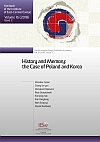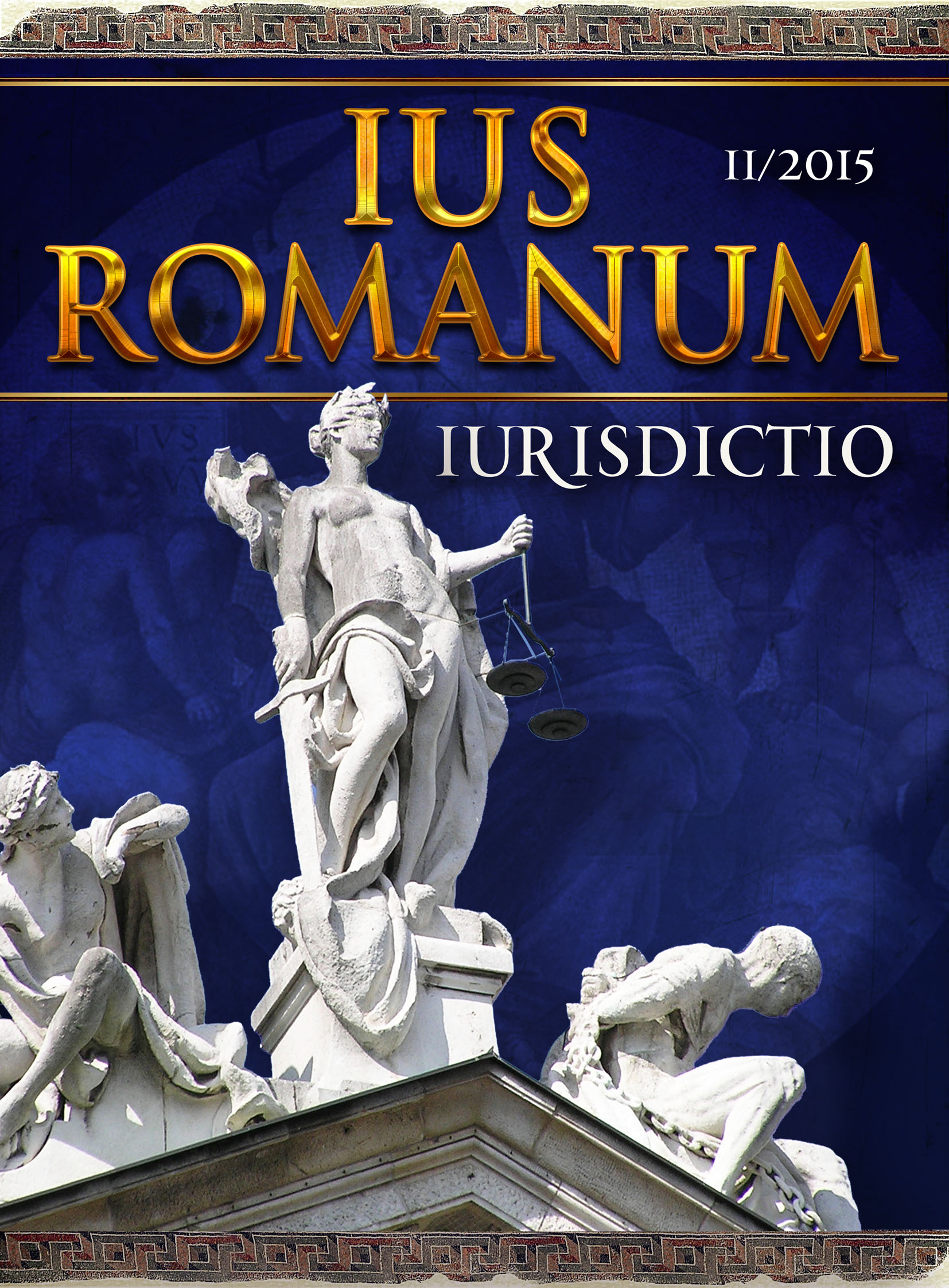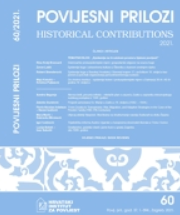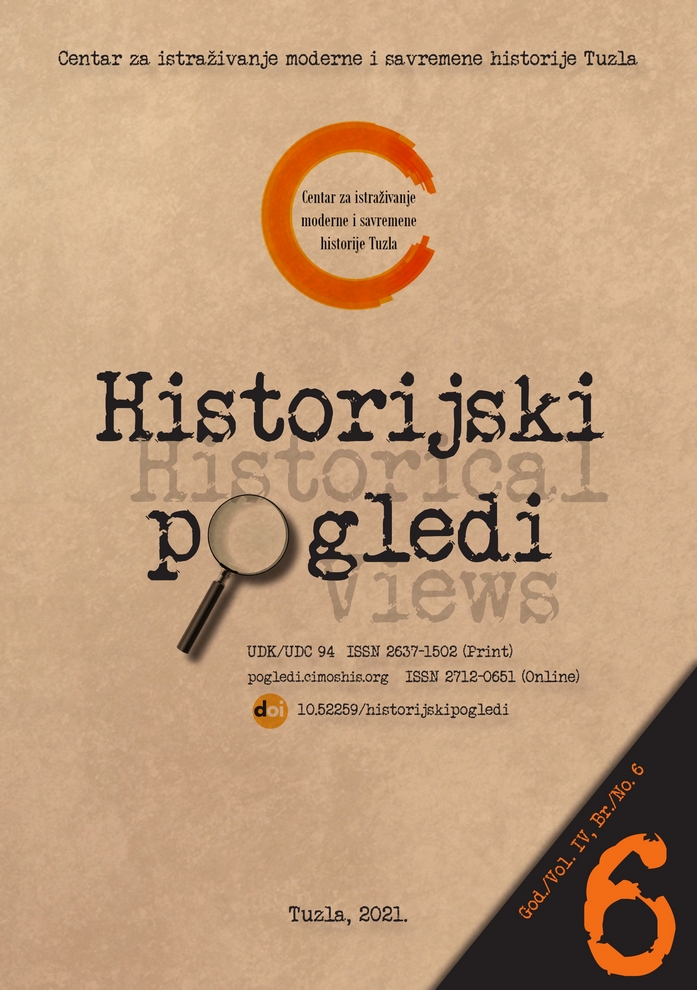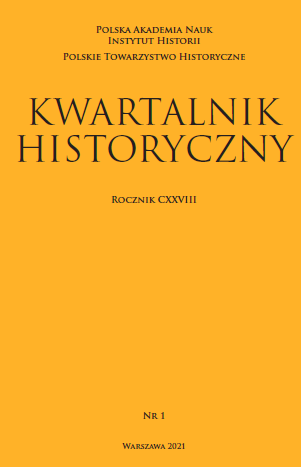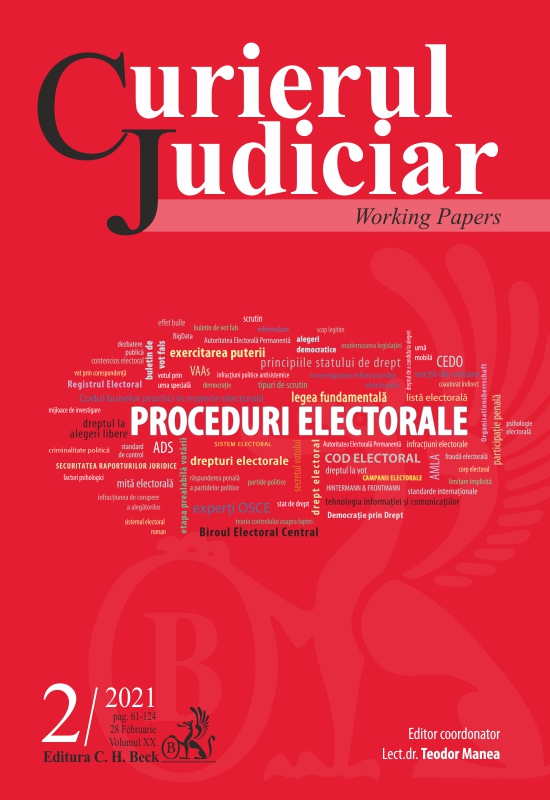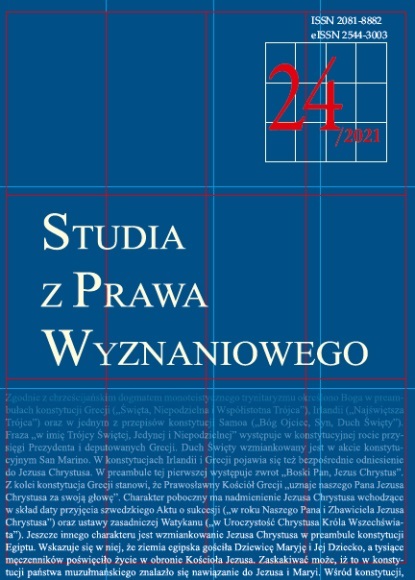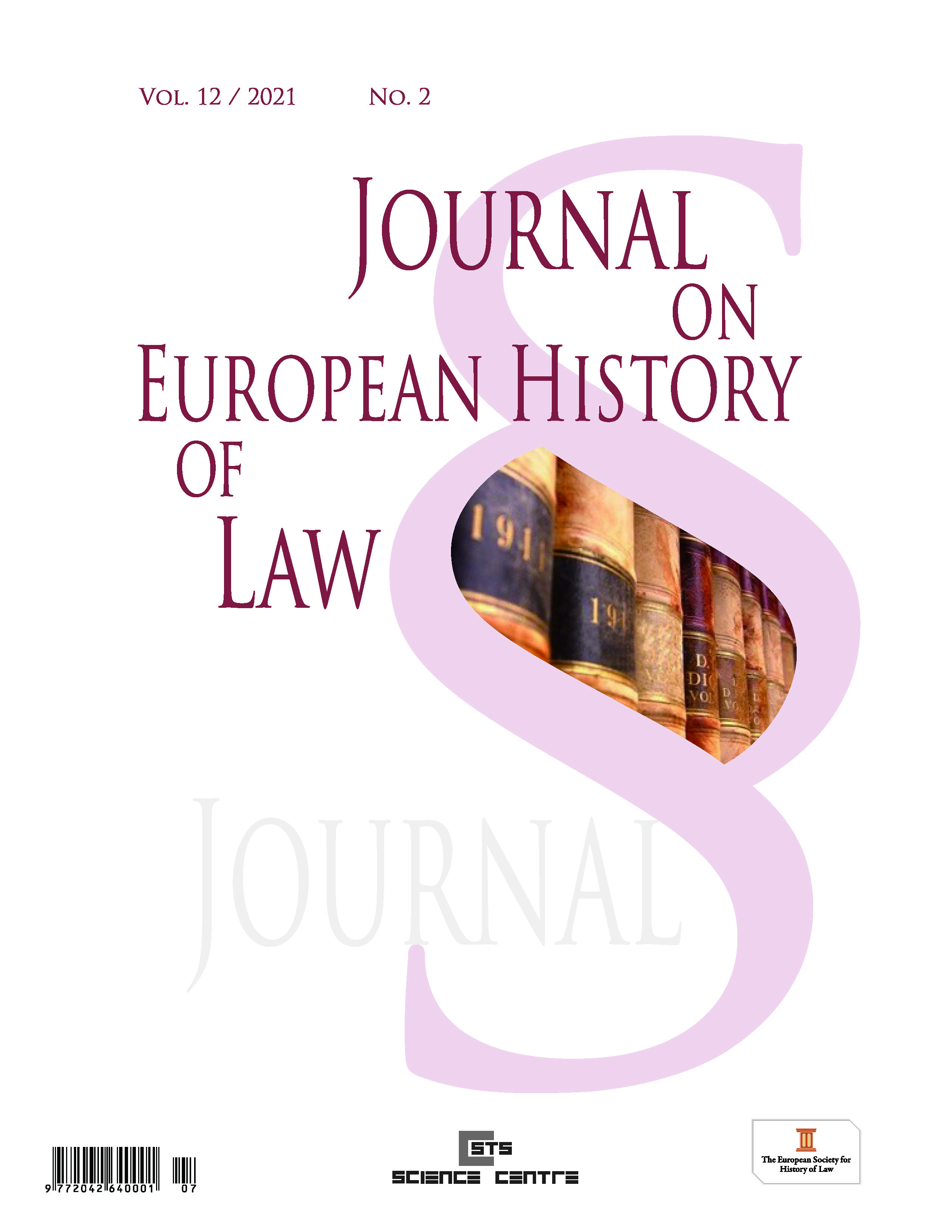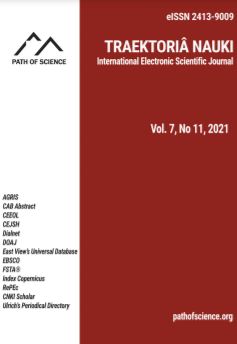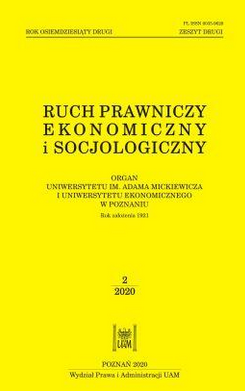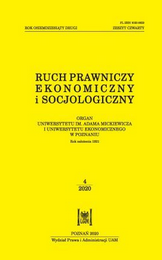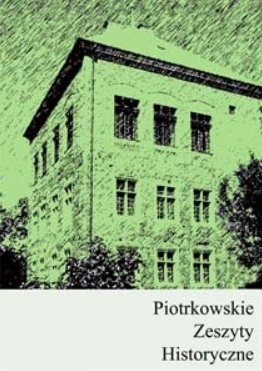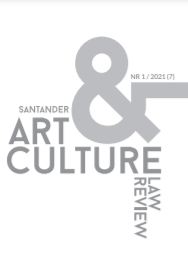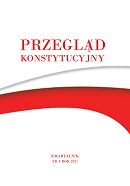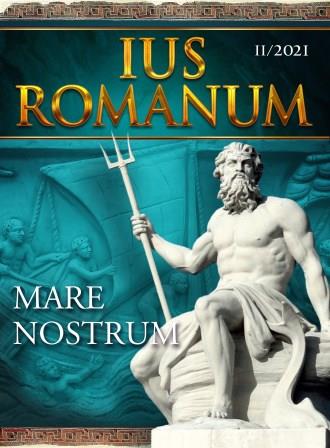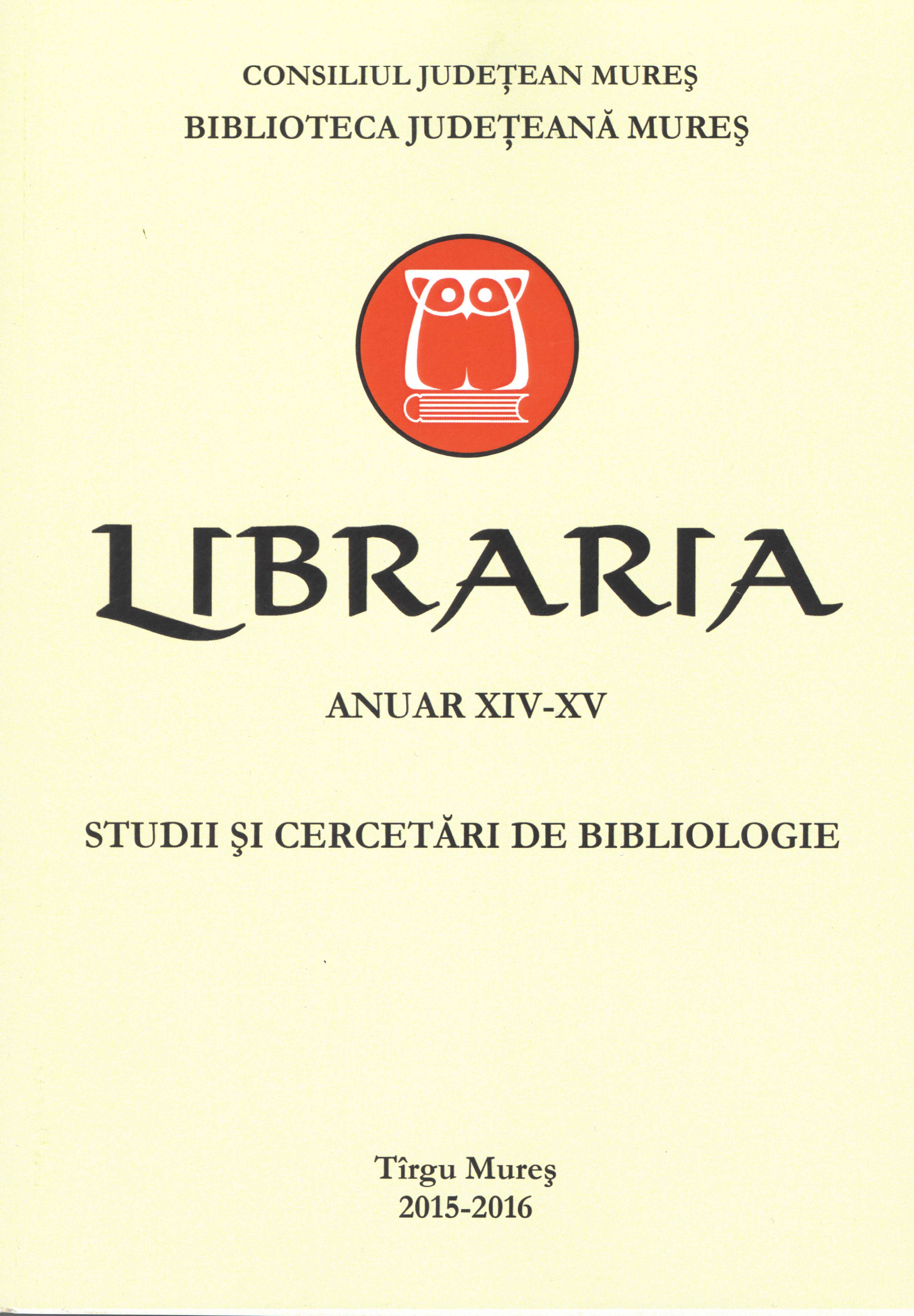Author(s): Vedad Gurda,Dževad Mahmutović,Maja Iveljić / Language(s): Bosnian,Croatian,Serbian
Issue: 6/2021
The armed conflicts in Bosnia and Herzegovina in the period from 1992 to 1995, which ended with the conclusion of the so-called The Dayton Peace Agreement was marked by serious violations of fundamental human rights and freedoms and the commission of horrific war crimes. Prosecution of defendants for these crimes takes place at several levels, ie before: a) the International Criminal Tribunal for the Former Yugoslavia (ICTY), b) domestic courts and c) courts of certain foreign states. The paper analyzes certain indicators related to the prosecution of these crimes, their scope and structure, as well as the ratio of convictions and acquittals for certain war crimes, the scope of application of conventional and summary forms of ending criminal cases and court policy of sanctioning perpetrators. It was learned that by the end of 2020, hundreds of criminal proceedings against approximately a thousand defendants had been completed. Most of the accused were prosecuted before the Court of Bosnia and Herzegovina (Court of B&H), followed by the ICTY, and a slightly smaller number before the courts of the former SFRY and some Western European countries.The research established that before the ICTY, out of the total number of accused for war crimes committed in Bosnia and Herzegovina, as many as 90.2% were convicted of some of these crimes, while the rate of convicted in relation to accused before the Court of B&H was 67.2% , and before the courts in the Republic of Serbia 70.2%. It is interesting that before the ICTY as many as 24.3% of the accused were convicted in summary proceedings on the basis of a plea agreement, while before the Court of B&H 13,3% of the accused were convicted using a plea bargaining as a consensual model for ending criminal cases. So far, 22 people have been convicted of the crime of genocide as the most serious crime before the ICTY, the Court of B&H and German courts, and all convictions related to the activities of the Army of Republika Srpska during the war in Bosnia and Herzegovina. Court of B&H, inherited a relatively mild policy of punishing war crimes. Finally, it was found that certain courts, especially Court of B&H, inherited a relatively mild policy of punishing war crimes.
More...
